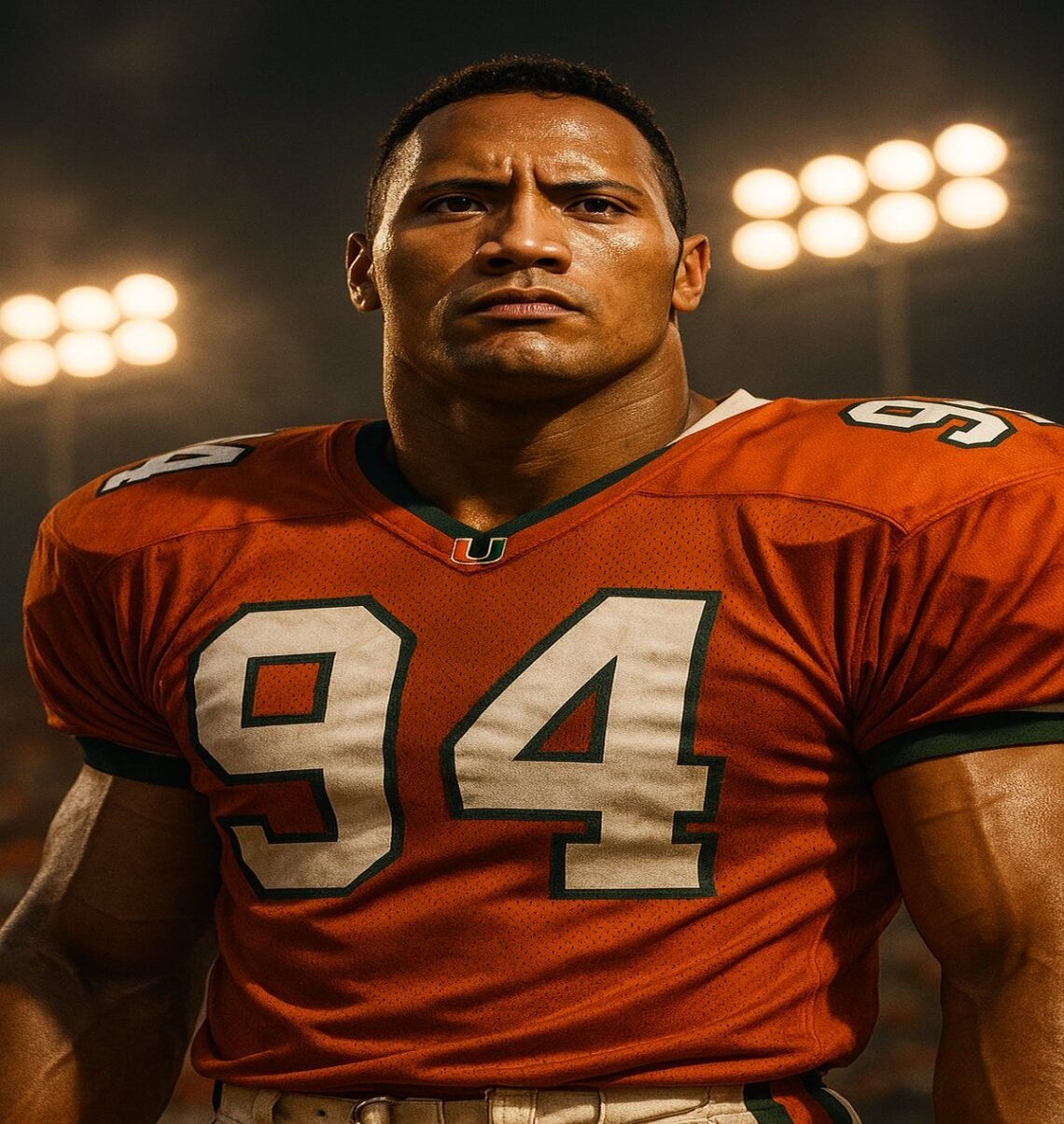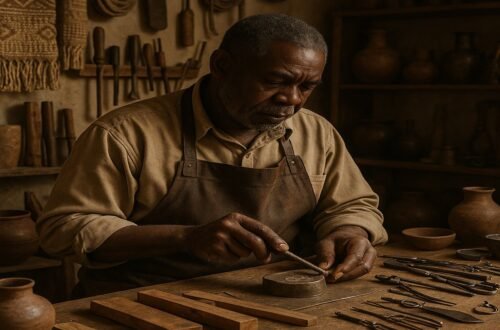From Gridiron to Greatness: Dwayne “The Rock” Johnson’s Football Journey
Before he was “The Rock,” an eight-time WWE champion and one of Hollywood’s highest-paid actors, Dwayne Johnson was known by a different name on a very different field. To his teammates at the University of Miami, he was “Dewey,” a formidable defensive tackle with dreams of NFL stardom. While his football career didn’t unfold as planned, the Dwayne Johnson football stats and the story behind them offer a compelling look at the foundation of his incredible success.
This journey from the gridiron to global icon was shaped by intense competition, personal challenges, and a resilience that would become his trademark. Understanding his time in football is key to understanding the man he would become.
The Foundation: High School Promise
Johnson’s path to football wasn’t straightforward. After a troubled youth that saw him arrested multiple times, a pivotal moment in high school changed everything. A teacher, Jody Cwik, saw potential in the 6-foot-4, 225-pound sophomore and encouraged him to channel his energy into football.
That encouragement was the spark Johnson needed. He flourished on the field at Freedom High School in Bethlehem, Pennsylvania, transforming himself into a highly sought-after recruit. With scholarship offers from major programs like Penn State and Florida State, he ultimately chose to play for the powerhouse Miami Hurricanes.
The Miami Hurricanes Era: A Look at the Stats
Johnson joined the Miami Hurricanes in 1991, a team loaded with talent and on the cusp of a national championship. As a defensive tackle, he was a key part of the program’s depth, even if he wasn’t always in the spotlight. His college career statistics provide a clear picture of his role on the team.
| Statistic | Value |
|---|---|
| Games Played | 39 |
| Starts | 1 |
| Total Tackles | 77 |
| Sacks | 4.25 |
These numbers show a solid, contributing player who was part of a dominant football dynasty. He was a member of the 1991 team that won the national championship, a testament to the caliber of the program and the players within it.
The Challenge of a Star-Studded Roster
One of the biggest reasons Johnson’s stats weren’t more eye-popping was the man playing in front of him: Warren Sapp. Sapp would go on to become a consensus All-American, an NFL Defensive Player of the Year, and a Pro Football Hall of Famer. The defensive line at “The U” was a formidable force, and Johnson was a backup to one of the greatest college football players of all time.
Despite the intense competition, Johnson was known as a hard worker and a respected teammate. His coaches praised his work ethic and his positive attitude, even as he fought for playing time on a roster filled with future NFL stars. He was a dedicated player who embraced his role, contributing to the team’s success in any way he could.
The Leap to the Pros: A Brief Stint in the CFL
After his college career, Johnson still held onto his dream of playing professional football. He went undrafted in the 1995 NFL Draft but soon received an opportunity from the Canadian Football League. He signed with the Calgary Stampeders, hoping to make his mark and eventually get a shot at the NFL.
His time in the CFL was short-lived. After just two months on the practice roster, the Stampeders cut him, bringing his professional football dream to an abrupt end. It was a devastating blow for the young athlete, who found himself with just seven dollars in his pocket and an uncertain future.
The Pivot: How Football Paved the Way for “The Rock”
Being cut from the CFL proved to be the turning point in Johnson’s life. With his football career over, he decided to pursue the “family business”: professional wrestling. Following in the footsteps of his father, Rocky Johnson, and his grandfather, Peter Maivia, he embarked on a new path that would lead to global stardom.
The lessons he learned on the gridiron—discipline, resilience, and an unwavering work ethic—became the bedrock of his success. He often speaks about how the disappointment of his football career fueled his desire to succeed in wrestling and, later, in Hollywood. The experience of being at the bottom gave him the drive to climb to the very top.
Legacy on the Field
While the Dwayne Johnson football stats may not have led to a Hall of Fame career in that sport, his time on the field was far from a failure. It was a crucial chapter in his life story, a period of growth and learning that forged the character of “The Rock.”
His journey is a powerful reminder that sometimes, the greatest successes are born from the ashes of our biggest disappointments. The end of his football dream was the beginning of a legendary career, proving that the path to greatness is rarely a straight line.





